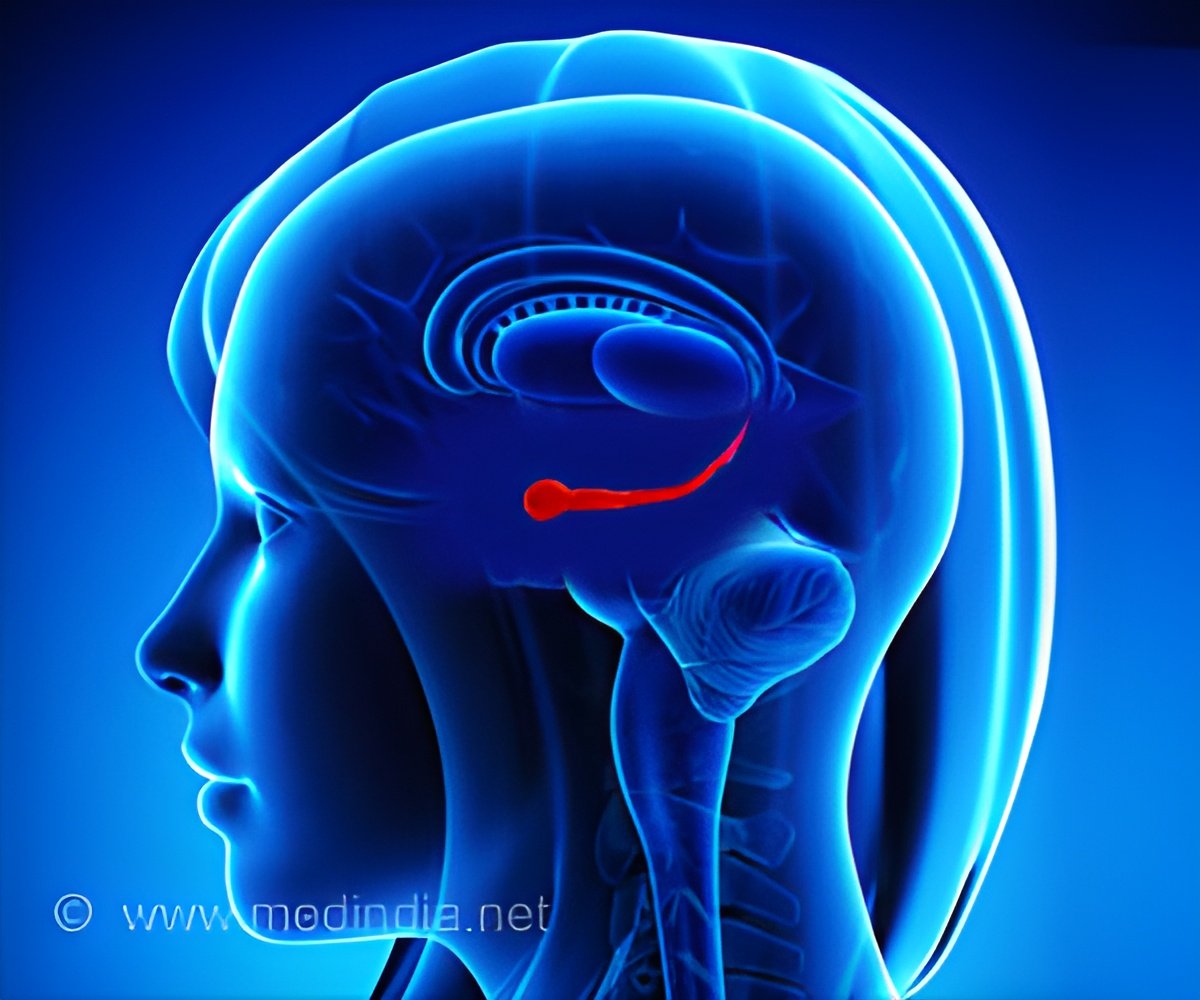
‘Cognitive clock may enable the assessment of risk for memory and thinking problems. This might help in the future to predict the likelihood of cognitive ailments like dementia and Alzheimer's Disease that pathologically progresses as a person ages, and offer early preventive measures.’
Tweet it Now
The cognitive clock was first developed working with data from 1057 participants from the MAP and the ROS, who began without cognitive impairment and underwent yearly cognitive assessments for up to 24 years. Alzheimer's disease (AD) is a neurodegenerative disease and is the most common form of dementia that leads to gradual memory loss and behavioral changes. It is characterized by the formation of beta-amyloid plaques in the brain tissues, years before the actual symptoms occur.
AD tends to progress slowly over time as people get older. However, age is not an apt predictor of AD/dementia, since it is not encountered in everyone as they age. Hence simple cognitive screening test could differentiate between normal and pathological cognitive aging.
The study team thus analyzed the data they acquired from several long-term studies conducted by the RADC, including the Rush Memory and Aging Project (MAP) which included people living in the community in greater Chicago; the Religious Orders Study (ROS), which included older Catholic clergy from across the United States; and the Chicago Health and Aging Project (CHAP), a biracial population-based study.
"We used long-term cognitive testing data from our participants to develop a profile of cognitive aging, what we call the cognitive clock. The cognitive clock reflects the general pattern of age-related cognitive decline and allows us to see who is doing better than average and who is doing worse at a given point in time. This helps us identify who might be at high risk of developing memory and thinking problems," says Patricia Boyle, Ph.D., professor in Rush Medical College's Division of Behavioral Sciences neuropsychologist in the Rush Alzheimer's Disease Center (RADC), and lead author of the study.
Advertisement
Risk of Cognitive Decline using Cognitive Clock
Advertisement
The cognitive clock can thereby estimate an individual's cognitive age at any given point in time. The findings were also confirmed in an independent sample of 2,592 participants from CHAP.
"Essentially, what we did is use cognitive data collected over many years to create a single, easy-to-understand metric that may be used to predict health outcomes with good accuracy. It is very difficult to develop a test or biomarker that accurately predicts health outcomes on an individual level. This has been a longstanding challenge in aging research. However, we are hoping that with additional research and validation, we may be able extend the approach applied here to clinical settings. Ideally, we could have a patient come into a clinic or hospital and complete a brief cognitive screen that gives us information to plug into a formula to estimate their cognitive age," says Dr. Boyle.
Hence the study highlights the importance of this cognitive clock tool that may serve as an aid in the progress of aging research and offer a new tool to identify the individuals at risk for cognitive decline.
Source-Medindia











